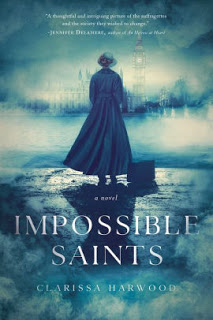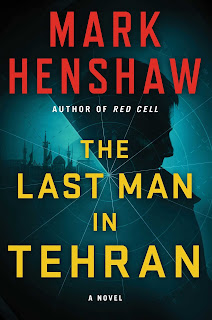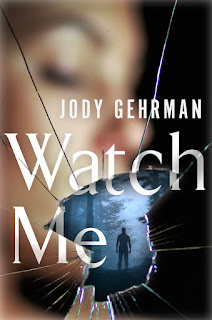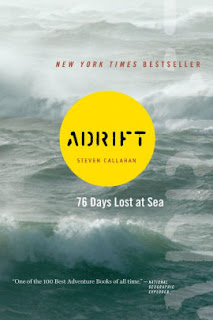Her entry begins:
I am actually re-reading The Song of Achilles by Madeline Miller. It’s an historical fantasy retelling of the legend of Achilles leading up to and during the Trojan War as told from the perspective of his beloved companion, Patroclus. Miller does an incredible job of portraying the god-like Achilles as a very human, very fallible young man. Her writing is lyrical and resonant, and this was a surprisingly character-driven story. There is certainly action and wonderfully described battle scenes, of course. But the heart of this song centers around Achilles and Patroclus and how...[read on]About Blood and Sand, from the publisher:
FORGED IN BATTLE...Visit C. V. Wyk's website.
FROM THE DUST OF THE ARENA...
A LEGEND WILL RISE
The action-packed tale of a 17-year-old warrior princess and a handsome gladiator who dared take on the Roman Republic—and gave rise to the legend of Spartacus...
For teens who love strong female protagonists in their fantasy and historical fiction, Blood and Sand is a stirring, yetpoignant tale of two slaves who dared take on an empire by talented debut author C. V. Wyk.
Roma Victrix. The Republic of Rome is on a relentless march to create an empire—an empire built on the backs of the conquered, brought back to Rome as slaves.
Attia was once destined to rule as the queen and swordmaiden of Thrace, the greatest warrior kingdom the world had seen since Sparta. Now she is a slave, given to Xanthus, the Champion of Rome, as a sign of his master’s favor. Enslaved as a child, Xanthus is the preeminent gladiator of his generation.
Against all odds, Attia and Xanthus form a tentative bond. A bond that will spark a rebellion. A rebellion that threatens to bring the Roman Republic to its end—and gives rise to the legend of Spartacus...
Writers Read: C. V. Wyk.
--Marshal Zeringue





































